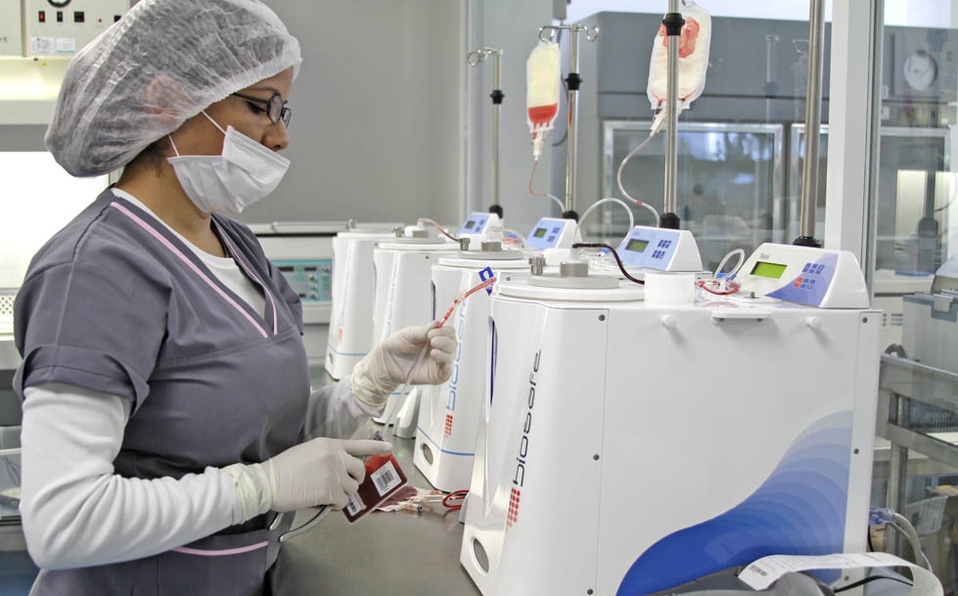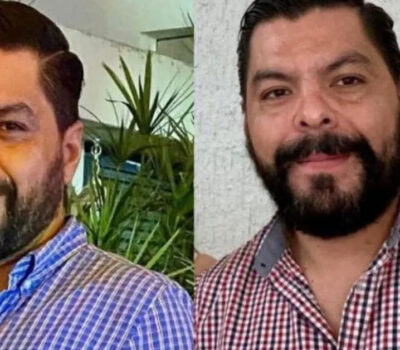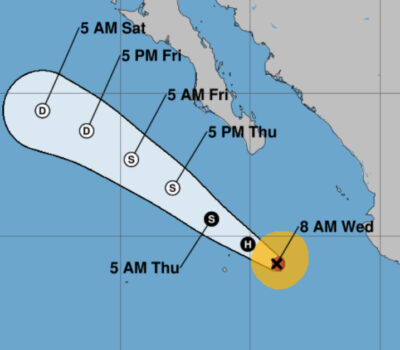Research on the use of stem cells extracted from the umbilical cord to treat various conditions present important advances in Mexico. The company Cryo-Cell this week reported successful results in the protocols currently developed for the therapeutic care of urinary incontinence, bronchopulmonary dysplasia and osteoarthritis in newborns through the application of these cells.
This principle confirms that the cells obtained from the umbilical cord are not only for hematological use, as is the case of treatments against childhood cancer, in which its application has been preponderant. Currently there is already scientific evidence that has demonstrated in early phases of safety and efficacy, stem cells promise to be an alternative in catastrophic diseases of the newborn as bronchopulmonary dysplasia, reducing complications associated with the lack of lung maturation or neurological of babies premature, said Dr. Luz Mabel Ávila Portillo, scientific director of Cryo-Cell.
He added that the results also show that in children with autism the infusion of their own umbilical cord blood improves some aspects of quality of life.
Advances in science for the use of umbilical cord cells are also encouraging in treatments for adults such as Parkinson’s, Alzheimer’s and even diabetes; Another application is cell regeneration therapy and tissue formation. Since 1981 Martin Evans, worked with rodents and identified the potential of stem cells to regenerate different types of organs of the human body. The scientist won the Nobel Prize for Medicine 2007. A few years later, the Japanese Shinya Yamanaka was also recognized with the 2012 Nobel Prize in Medicine for the discovery of pluripotent cells.
Although there is still a long way to go in terms of research. With the promotion of study protocols, Cryo-Cell seeks to “reach the Mexican patient with this evidence” and offer alternatives for the treatment of the most frequent diseases. In order to fulfill this objective, he has established the Center for Cell Therapy in Bogotá Colombia, where he heads the study of clinical applications of stem cells.
To date, protocols have been developed for the use of stem cells in cardiac diseases such as refractory angina; chronic vascular-occlusive diseases with ischemia of the lower limbs; autoimmune diseases such as scleroderma refractory to conventional treatments, among others, listed Ávila Portillo.
Cryo-Cell is one of the ten largest stem cell banks in the world and to date has more than 150,000 cryopreserved umbilical cord samples. It has provided viable cells for 77 transplants in the world, mainly in the United States. In Mexico, it is the laboratory that has provided more stem cells for transplants, with a total of 22 so far, which have been carried out in Nuevo León, Puebla, Querétaro, Aguascalientes, Mexico City and Jalisco, among other states.
Cryo-Cell de México has state-of-the-art infrastructure, medical and cryo-cellular preservation technology, as well as sophisticated security systems that include cryo-tanks monitored and protected inside an anti-seismic armored vault (bunker). With more than 17 years of experience he has initiated a transformation “to go from being a company that only cryopreservation, to a company that supports and supports the patient in his illness, in his treatment”, emphasized its scientific director.
Dream Body Clinic in Puerto Vallarta offers Stem Cell Therapy according to their website:
Autoimmune diseases:
– Type 2 Diabetes (90% Success Rate)
– Hoshimoto’s Disease
– Systemic lupus erythematosus (Lupus)
– Rheumatoid arthritis
– Fibromyalgia
– Systemic Sclerosis / Scleroderma
– Multiple sclerosis
– HIV
– Psoriasis
– Myasthenia gravis
Chronic Degenerative Diseases:
– Ankylosing Spondylitis (Spinal arthritis)
– Pulmonary fibrosis
– Aplastic anaemia (Bone marrow damage)
– Anemia
– Hepatitis C
– Lyme Disease
– Cirrhosis– Cirrhosis
– herniated disc (4 spinal injections of 22 million + PRP)
– Parkinson’s Disease
Cardiovascular Diseases:
– Coronary cardiopathy
– Cerebrovascular diseases
– Rheumatic heart disease
– Congenital heart disease
– Pulmonary Embolism and Deep Vein Thrombosis
– Hypertension
– Congestive Heart Failure
– COPD
– Asthma
Neurological diseases:
– Alzheimer
– Parkinson’s Disease
– Autism
Digestive Disorders:
Research on the use of stem cells extracted from the umbilical cord to treat various conditions present important advances in Mexico. The company Cryo-Cell . . .












